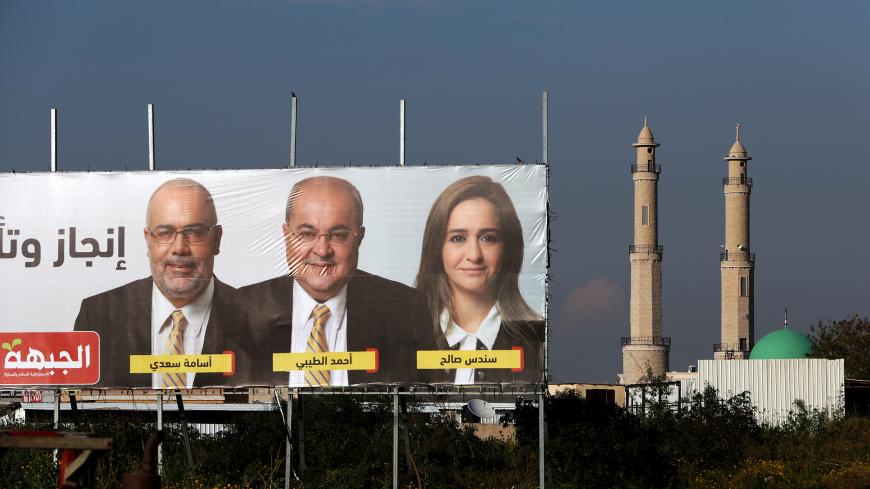Of all the political parties being dragged against their will to a third round of Israeli elections, only the Arab Joint List is rubbing its hands in anticipation, perhaps not with displays of glee, but at least with great satisfaction. The Joint List, an alliance of four Arab parties, garnered 13 of 120 Knesset seats in the September elections. Ahead of the March 2020 voting, it is gearing up for an even bigger showing.
A short reminder: The alliance was formed in 2015 after Yisrael Beitenu leader Avigdor Liberman sponsored legislation raising the electoral threshold to 3.25% in a bid to exclude Arab parties from the legislature. Liberman, who over the past year has become the “kingmaker” of Israeli politics, portraying himself as the only responsible adult in the current political chaos, has for years based the identity of his Yisrael Beitenu party on hatred of the state’s Arab citizens, in general, and of their elected representatives, in particular. In hindsight, he definitely deserves the title of “founder of the Arab Joint List.”



